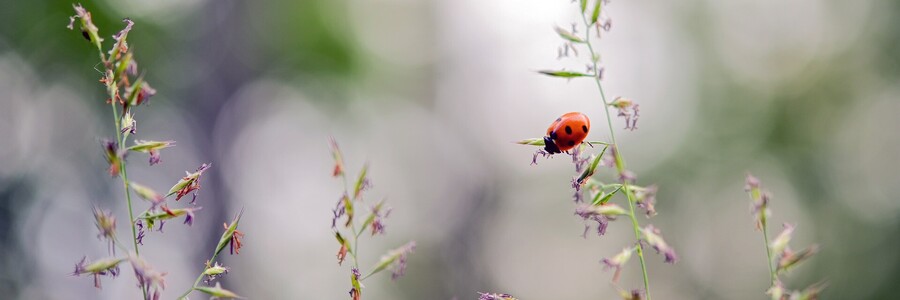Dispute over environmental protection
One point of contention was the question of how much money from the 1st pillar should flow into environmental protection in future instead of into the flat-rate direct payments. The eco-regulations envisaged for this purpose are the major environmental policy innovation of the new CAP. However, their success depends both on the content of the measures they contain and on their financial structure. For the latter, the European Parliament demands a minimum share of 30% of the 1st pillar, but the EU agriculture ministers only demand a share of 20%. The EU Commission seems to have sided with the Parliament. The Council is building backdoors into its compromise proposals: In the worst case, these could have led to Member States spending only 18% on organic schemes in the first years of the new programming period. Parliament and the Commission, however, did not want to go along with this.
Social conditionality is also a headache for the members. Against the background of more and more scandals about the disregard of labour protection standards in agriculture, it is supposed to prevent black sheep in the sector from continuing to receive money from Brussels. While civil society and trade unions welcome this proposal, the agricultural lobby COPA&COGECA and a majority of EU member states in the Agriculture Council are up in arms against it.
The second pillar is also about the size of the environmental budget, but also about whether the compensatory allowance to disadvantaged areas and animal welfare services can be counted towards it. The Council takes the least progressive line here: full creditability of the compensatory allowance, as well as 60% of the investments in animal welfare, with a total budget of 33% of the second pillar. This proposal would hardly exceed what is already obligatory in the current CAP and would be significantly less than what the Member States actually spend so far. The EU Commission, on the other hand, would like to see a total budget of 40% and only a partial crediting of compensatory allowances and animal welfare measures, which the Parliament could probably also live with. The ideal scenario from an environmental point of view, i.e. above all no crediting of the compensatory payment to the environmental budget of the second pillar, seems to be finally off the table. It remains unclear whether an improvement over the status quo is still achievable.
Exceptions and exceptions to exceptions
There was hardly any agreement on other issues either. This applies, for example, to a standard in the conditionality, which determines how much area farmers must make available for nature in the future in order to continue to receive agricultural funds. Here, more and more exceptions have been proposed by all sides, for example for grassland, small farms, arable land of farms with a high proportion of grassland, regions with a high proportion of forest and for so-called disadvantaged areas. This state of negotiations would result in regulations that would be ineffective in terms of environmental policy and would probably meet with little understanding in agriculture.
It's not over yet ...
After the end of the negotiations, representatives of the different institutions initially blamed each other for the temporary failure. In the end, however, it is clear that all three institutions will have to sit down at the negotiating table again. The Portuguese Council Presidency expressed optimism that an agreement would be possible before the end of its term, which would be the end of June at the latest. The only question is whether the parties involved will take the time to come up with better proposals. If in the end the piecemeal approach that was discussed at the trialogue really remains, this would be a fatal sign. Neither environmental protection and nature conservation nor agriculture would be helped by this.

